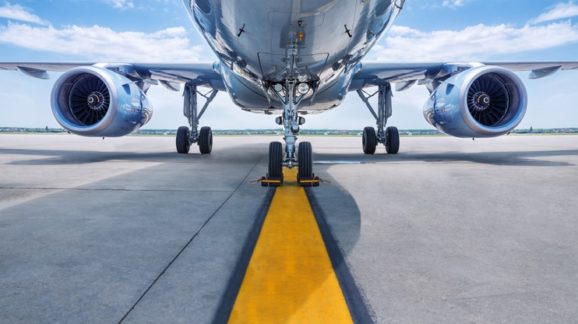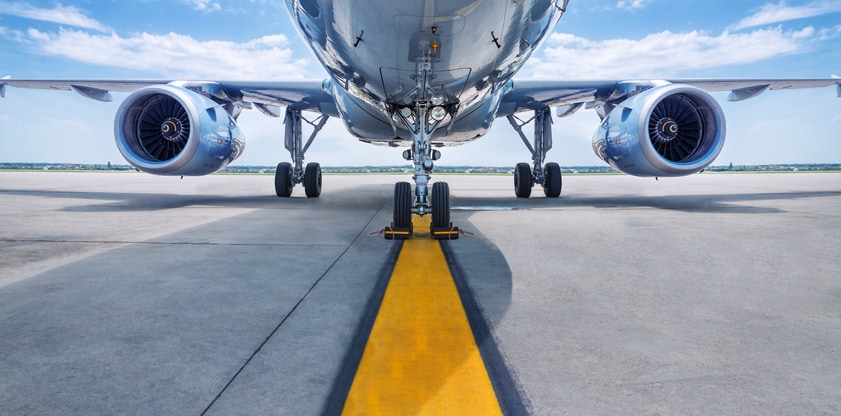EPA Proposes First-Ever Aircraft Greenhouse Gas Limits

Photo Credit: Getty
 Today, the Environmental Protection Agency (EPA) issued a proposed rule placing the first-ever limits on greenhouse gas emissions from commercial aircraft engines. Although it is highly unusual for the Trump administration to push for a new greenhouse gas standard, the measure was strongly supported by Boeing and others in the industry. The bigger issue is whether this initial standard will be made more stringent in the future, especially given that any additional compliance costs would fall on an airline industry that needs many years to recover from the coronavirus-related damage.
Today, the Environmental Protection Agency (EPA) issued a proposed rule placing the first-ever limits on greenhouse gas emissions from commercial aircraft engines. Although it is highly unusual for the Trump administration to push for a new greenhouse gas standard, the measure was strongly supported by Boeing and others in the industry. The bigger issue is whether this initial standard will be made more stringent in the future, especially given that any additional compliance costs would fall on an airline industry that needs many years to recover from the coronavirus-related damage.
Boeing and other manufacturers support the proposed new rule for two reasons. First, they believe it is reasonable and achievable, that market forces alone exert substantial pressure to incentivize making commercial aircraft as energy efficient as possible, and that the rule differs little from business-as-usual industry trends. Also, an EPA standard is needed for American-made products to be sold abroad. The proposed rule matches the one set by the United Nations’ International Civil Aviation Organization (ICAO). The United States and nearly every other nation belongs to ICAO, and an EPA standard would enable American-made aircraft engines to demonstrate compliance with the international standard.
Besides regulation of aircraft and engine manufacturers, ICAO has another aviation-related greenhouse gas emissions standard that targets the airlines themselves. It requires an emissions freeze on airline operations beginning in 2027, though the U.S. and some other nations have voluntarily chosen to meet the standards sooner. ICAO’s original baseline was to be the average of 2019 and 2020 emissions, but since the 2020 numbers have been greatly reduced by coronavirus, the organization has announced that the baseline will be 2019 only.
Both standards have been harshly criticized by environmental activists as scandalously weak, so it is likely they will come under pressure, including via litigation, to be tightened in the years ahead. Extremely stringent aircraft measures in the Green New Deal and other climate change proposals also suggest that the proposed rule will only be the opening volley. Growing environmental regulatory compliance costs may threaten the airline industry’s efforts to recover from the coronavirus crisis and jeopardize the future affordability of air travel.